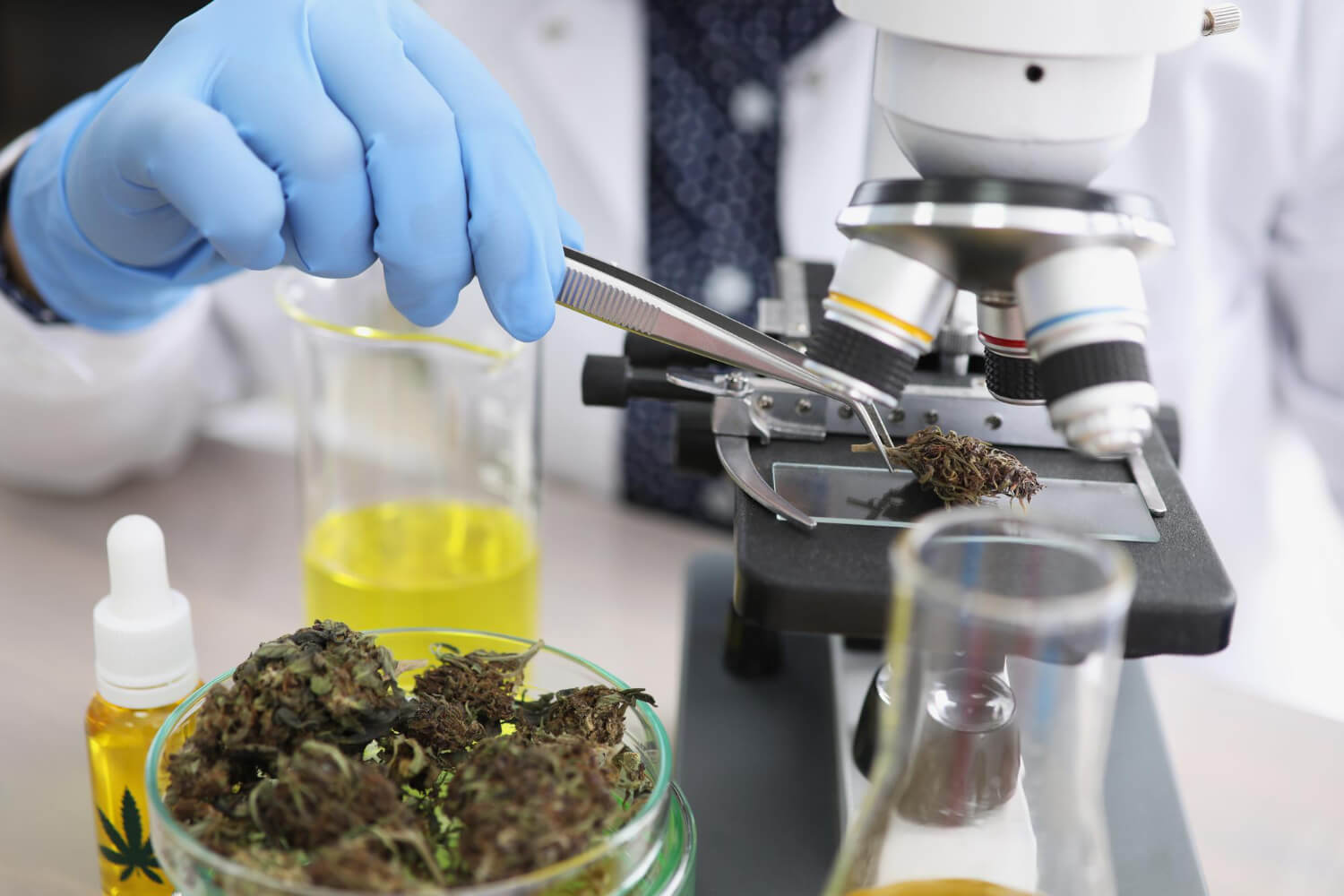The United States Department of Agriculture (USDA) has granted $600,000 in research funds to the College of Agriculture and Life Sciences at Virginia Tech. This financial support will enable scientists at the college to conduct an in-depth study on industrial hemp while exploring the regulation of biosynthetic pathways responsible for cannabinoid production.
A better understanding of cannabinoid production in plants for improved selection and modification
The primary goal of this research is to gain comprehensive knowledge about the processes involved in these pathways. By doing so, scientists may be able to improve the selection or modification of plants containing specific quantities of cannabinoids. This development could lead to various benefits for growers by enhancing profits, lowering risks, and promoting further advancements in the application of cannabinoids for medical purposes.
Potential for breeding new plant varieties featuring enhanced cannabinoid compounds
Taking their work a step further, the researchers believe their findings could potentially contribute to creating new plant variations through traditional and innovative breeding methods. These new plants could have increased, reduced, or completely eliminated production of certain cannabinoid compounds, depending on the intended purpose and usage scenario. Culturing specifically modified plants could significantly impact numerous industries, including agriculture, pharmaceuticals, and healthcare.
The role of cannabinoids in medicine and health applications
Cannabinoids are naturally occurring compounds found in cannabis plants, and they have been increasingly recognized for their potential therapeutic effects on a wide range of health conditions. Medical professionals are particularly interested in harnessing the health benefits of cannabinoids, which include pain relief and anti-inflammatory properties. As regulation around cannabis use continues to evolve worldwide, it becomes more critical than ever to understand the biosynthetic pathways of these compounds in plants, especially those that are important for medical applications.
An increased emphasis on industrial hemp research and its potential implications across multiple sectors
The focus on industrial hemp research has intensified in recent years, as evidenced by the USDA granting substantial financial support to this project at Virginia Tech’s College of Agriculture and Life Sciences. By directing resources toward better understanding the processes involved in cannabinoid production within plants, researchers can continue to uncover valuable insights that could have diverse implications across several industries that affect agriculture and plant-based products.
Supporting growers and optimizing cultivation techniques in a rapidly changing agricultural landscape
This new research could potentially lead to higher profits and fewer risks for farmers growing industrial hemp. Moreover, it would enable the agricultural sector to optimize cultivation techniques further and develop innovative approaches explicitly tailored to plants intended for particular cannabinoid content levels, resulting in more robust and resilient crops. Ultimately, this study aims to benefit growers by providing crucial information regarding the biosynthetic pathways involved in cannabinoid production and offering strategic guidance regarding breeding and cultivation practices.
The importance of unlocking trade secrets about cannabinoid content in industrial hemp applications
Researching industrial hemp and the cannabinoid biosynthesis process is vital for unlocking the potential of producing specific cannabinoid levels within plants for various purposes. For example, pharmaceutical companies may require high concentrations of specific cannabinoids to produce more potent and effective therapies or medications. On the other hand, some consumer-friendly product manufacturers might prefer low levels of specific cannabinoids to comply with legal regulations or cater to specific customer preferences.
Advancing research for a brighter, more sustainable future
The USDA’s decision to fund this revolutionary study at Virginia Tech demonstrates the federal government’s recognition of the importance of advancing industrial hemp research, particularly concerning cannabinoid production in plants. This critical work aims to increase profits and minimize risks for growers while enhancing our knowledge about producing plants with particular cannabinoid content levels suitable for various applications across multiple sectors.





